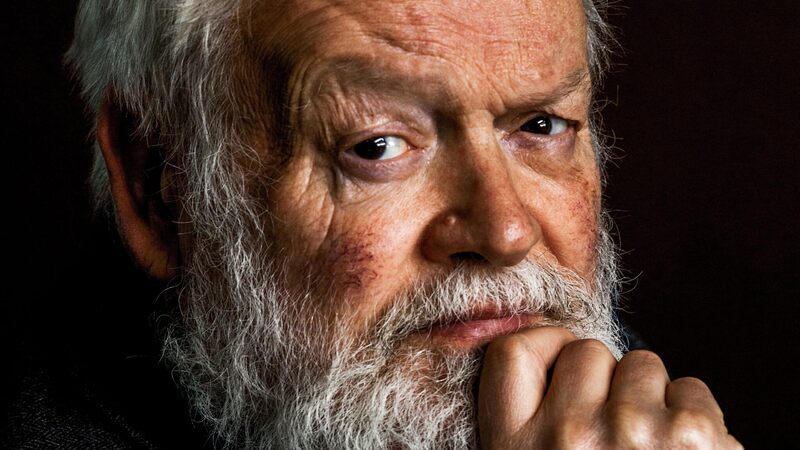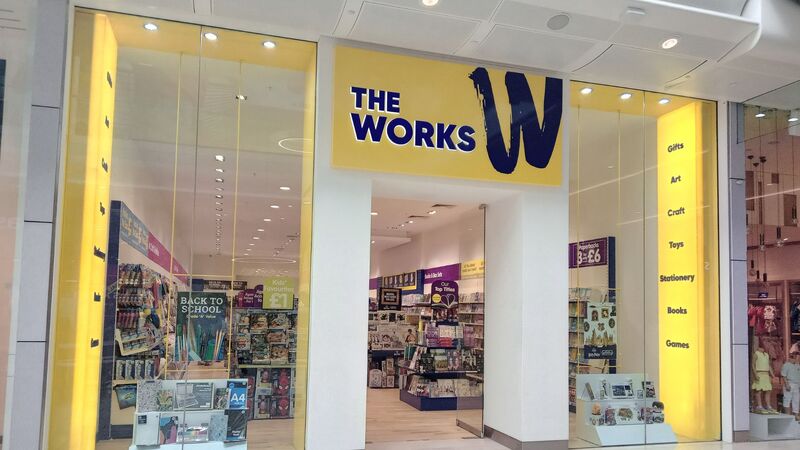You are viewing your 1 free article this month. Login to read more articles.
Our "Don't Look Up" moment
We need new solutions to the literacy crisis, and fast.
Another reading report, same story. The latest BookTrust findings confirm what we already knew: children’s reading engagement is still declining sharply. This is part of a broader trend reflected in numerous reports, such as those from the National Literary Trust and Farshore/HarperCollins.
Adam McKay’s 2021 film, "Don’t Look Up", satirises society’s inability to act on clear warnings, using a comet hurtling towards Earth to represent collective inaction on the climate crisis. The film’s characters struggle to warn humanity of the looming catastrophe in the face of denial, apathy, siloed thinking and bureaucratic inertia despite overwhelming evidence of impending doom. If you put the climate crisis allegory to one side, this scenario is also strikingly similar to our current reading crisis. The parallels are pretty obvious:
- Existential threat: declining literacy rates and widening achievement gaps pose a significant threat to children’s future prospects. There’s the future prospects of the publishing industry to consider, too.
- Overwhelming evidence, lacking actionable solutions: although abundant and consistent data highlights the issues, it’s not being translated into effective interventions or actionable solutions fast enough or at a wide enough scale.
- The need for new approaches: there are numerous current initiatives to promote reading for pleasure, and although they’re making some really valuable impact, we have to face up to the fact that the overall stats are still moving in the wrong direction
- The urgency of collective action: addressing the literacy crisis demands a collaborative response from all stakeholders in the "reading ecosystem"—publishers of books and magazines, licensing brands, retailers, reading charities, philanthropic organisations, educators and governments.
- Long-term consequences of inaction: failure to act decisively will have profound and lasting repercussions for generations to come, and may even spell the end of the publishing industry as we know it. If we fail to get kids to read now, we won’t have a future pipeline of readers to sell to.
Adding to this challenge is a weird paradox within the publishing industry: although research points to a significant decline in reading engagement, many publishers report stable or even increasing sales of children’s titles (in terms of value). This disconnect masks the true scale of the problem and potentially holds back the development of innovative solutions. Has anyone actually checked if children are really reading all those books?
By focusing on reaching currently disengaged children (rather than trying to appeal to current or lapsed readers), we can create new markets, fostering future consumers while averting a crisis.
The literacy crisis, like the approaching comet in "Don’t Look Up," threatens the future of publishing, education, and equitable opportunity. Failure to engage children in reading will have severe consequences. But, unlike the film’s impending threat (I won’t spoil the ending), this crisis is already upon us. The question is: what are we going to do about it?
My experience at LEGO Publishing suggests that a different approach is possible. It’s by no means the only solution, but it shows how understanding today’s kids, actioning insights and mobilising stakeholders can create real change.
By researching how children read, play and learn, and testing solutions directly with them, we identified what really resonated with Gen Alpha kids. We created books and magazines appealing to children who weren’t initially keen on reading but who loved playing, and developed a cohesive strategy uniting stakeholders from both the "toy" and "publishing" worlds. This built confidence among partners, bought us more visibility in LEGO channels and led to better placement at retailers.
Our "Playful Reading" strategy, aligning book and magazine content with LEGO’s core values and play patterns, yielded impressive results: a 30% sales increase over five years, with 40 million copies sold annually, despite a declining licensed publishing market and no big LEGO initiative to support us. This proves that new solutions and collaboration can address challenges and create opportunities.
Perhaps this can serve as a model for the broader reading ecosystem? By focusing on reaching currently disengaged children (rather than trying to appeal to current or lapsed readers), we can create new markets, fostering future consumers while averting a crisis. A unified, data-driven approach is crucial to ensure every child becomes a confident reader. Real change requires:
- Collaboration: a cohesive strategy uniting publishers, brands, educators, retailers and advocates.
- Data-driven insights: moving beyond "reading for pleasure" to understand what works for the majority of kids. Taking time and investing in understand what truly inspires Gen Alpha children to read.
- Meeting children where they are: aligning our approach with how children learn and play, to their passions, their interests and their favourite brands and games. Don’t expect them to love reading. Find out what they like to read, however loosely you might consider that term, instead.
We are now at the point where the literacy crisis demands action, not just discussion. The comet is upon us. As in "Don’t Look Up", we need to shift from identifying the problem to implementing solutions. Collaboration and data-driven insights can engage new readers and secure a sustainable future for publishing.

















